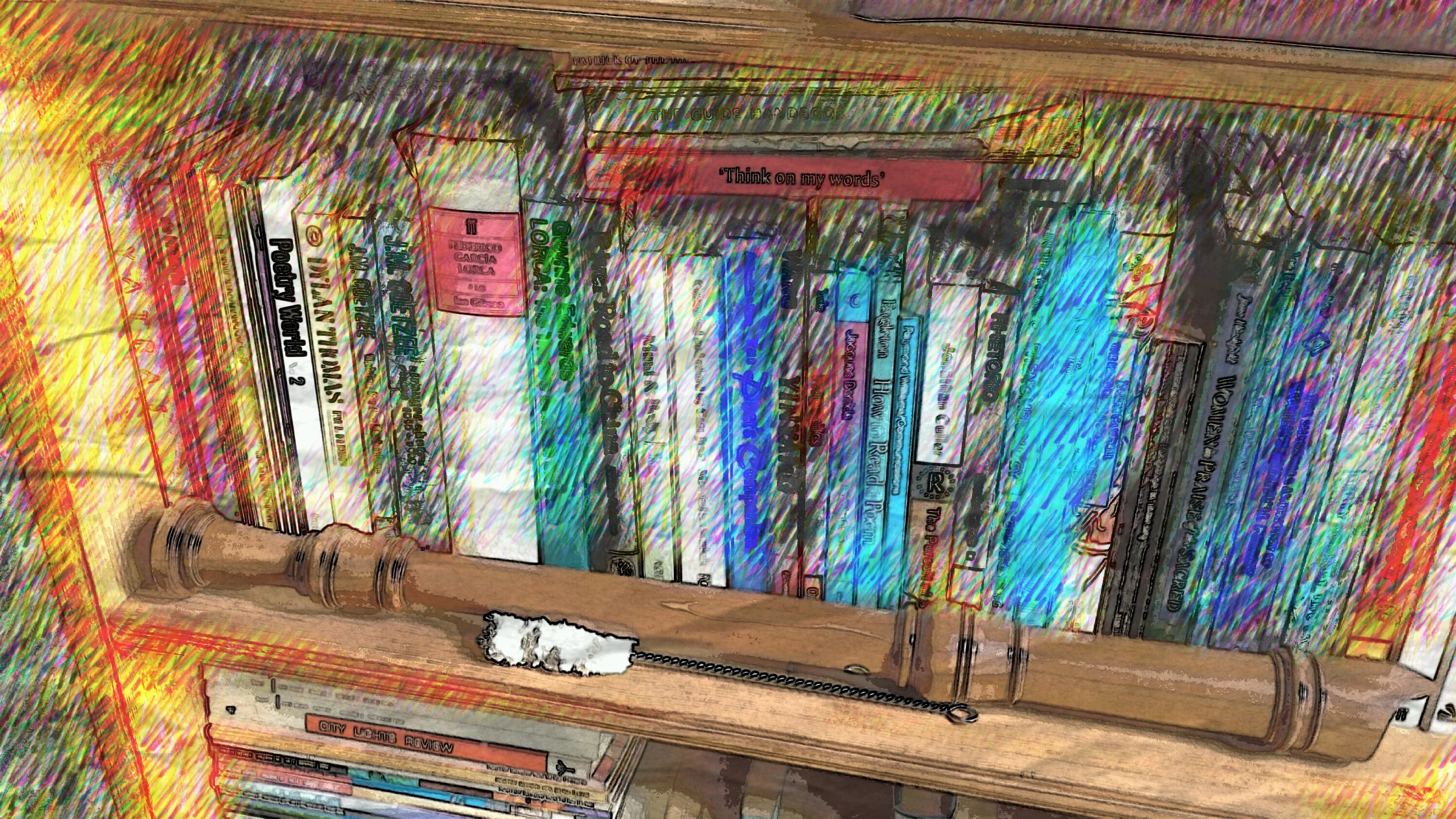Cellar Child - Kelderkind in Dutch - is a brave book and really deserved the prize it won in 2013. Yet most English-speaking readers will not (yet) have heard of it...
Dutch is a language spoken by about 23 million people, mainly in the Netherlands and in Belgium, but also in other countries worldwide. Afrikaans - a daughter language of Dutch - is spoken (to some degree at least, according to the Wikipedia article) by a further 16 million people. It is not, therefore, a minority language, but it is one of the lesser-translated languages of Europe, even though, or perhaps because, it is closely related to English. Nevertheless, without the help of translation a book such as Cellar Child will not be read and known by the many millions of people throughout the world who read English. Nor is it likely to be translated into other languages which rely on using an English translation as their own Source Text (so-called 'relay translations').
If it is ever published in English, whether in my own or someone else's translation, expect a lyrical, psychologically penetrating, intriguing, and sometimes challenging read.
So why do I say that Cellar Child is brave?
There are some obvious reasons, such as the fact that it tackles difficult and strong issues in a non-stereotypical fashion. By immersing its readers in a meticulously researched yet vibrantly real historical world, Dieltiens is able to shine a light on hot topics such as child abuse, bullying, prejudice, and intolerance without sensationalism, voyeurism, or hasty judgementalism.
It's brave too because, although it is a Young Adult cross-over novel, with real interest for adult readers, it assumes that Young Adults have reading stamina, that they will enjoy finding out about lives and customs different to their own, that they appreciate experimentation with voice, viewpoint and chronology, that they love language, that they are perceptive and can understand complexities of character, situation and theme, that they can cope with darkness and mystery, and can look in depth at the slippery truths of human nature.
The Dutch edition of the novel (and I very much hope that there will be an English edition) has an intriguing layout. Instead of the book being divided into chapters or numbered sections, the white pages are interspersed with black, signalling the start of a new section. Each of these black pages has an epigraph - in white - relevant to the forthcoming section, and to the development of the book as a whole. They include quotations from Hegel, from Verlaine, from Goethe, from Chinese folklore and culture. They provoke thought.
Then, most of the black pages - apart from those preceding the Prologue and Epilogue - are headed by a simple woodblock-type silhouette, again in white, of either a hare or a broken wooden horse. The reader gradually realizes that these are associated with the two main characters: Kaspar's symbol is the broken wooden horse; Manfred, whose story is intertwined with Kaspar's, is the hare. The symbols are potent and wordless, and when the two elements of the story meet each other right at the end of the book, the reader knows without being told that something positive has emerged from the tale.
The illustrations and book cover of Kelderkind are by the renowned Belgian artist and illustrator, Carll Cneut.
You can find some examples of the Cellar Child illustrations here.
